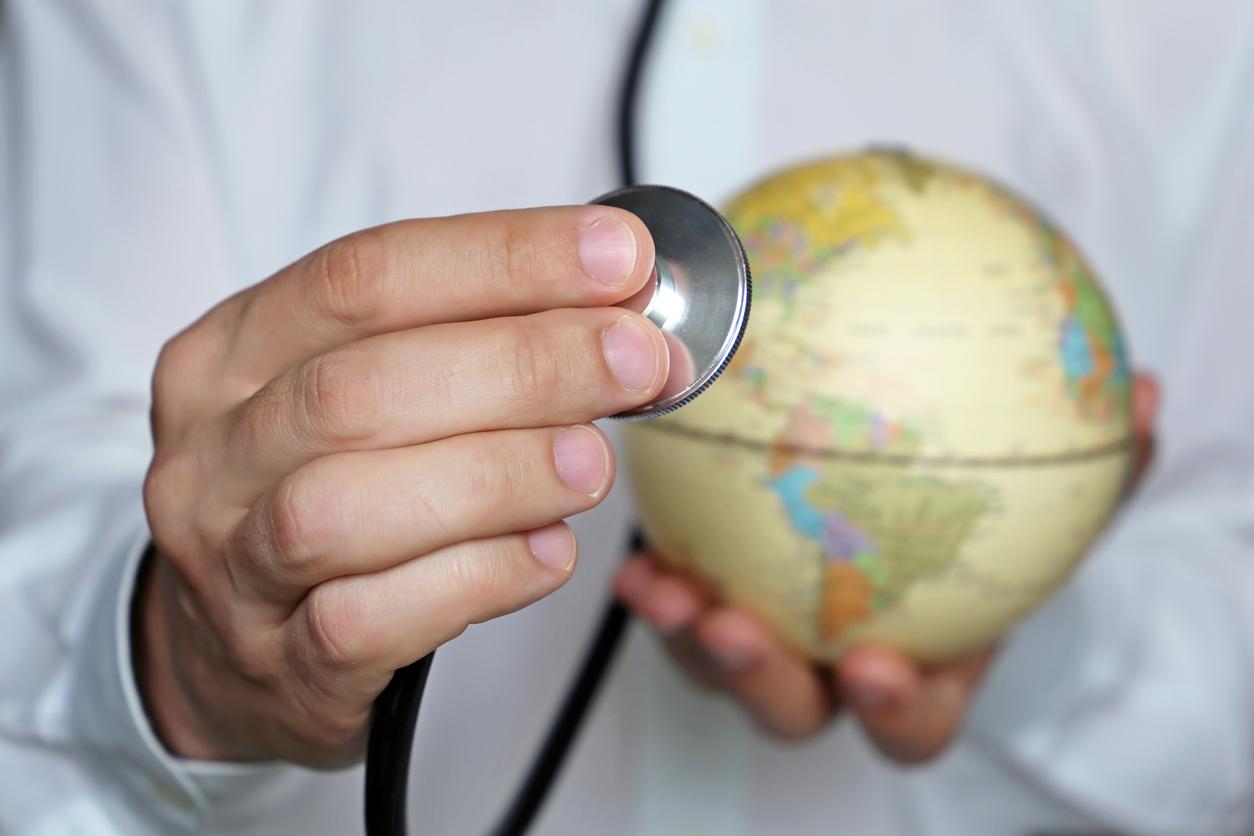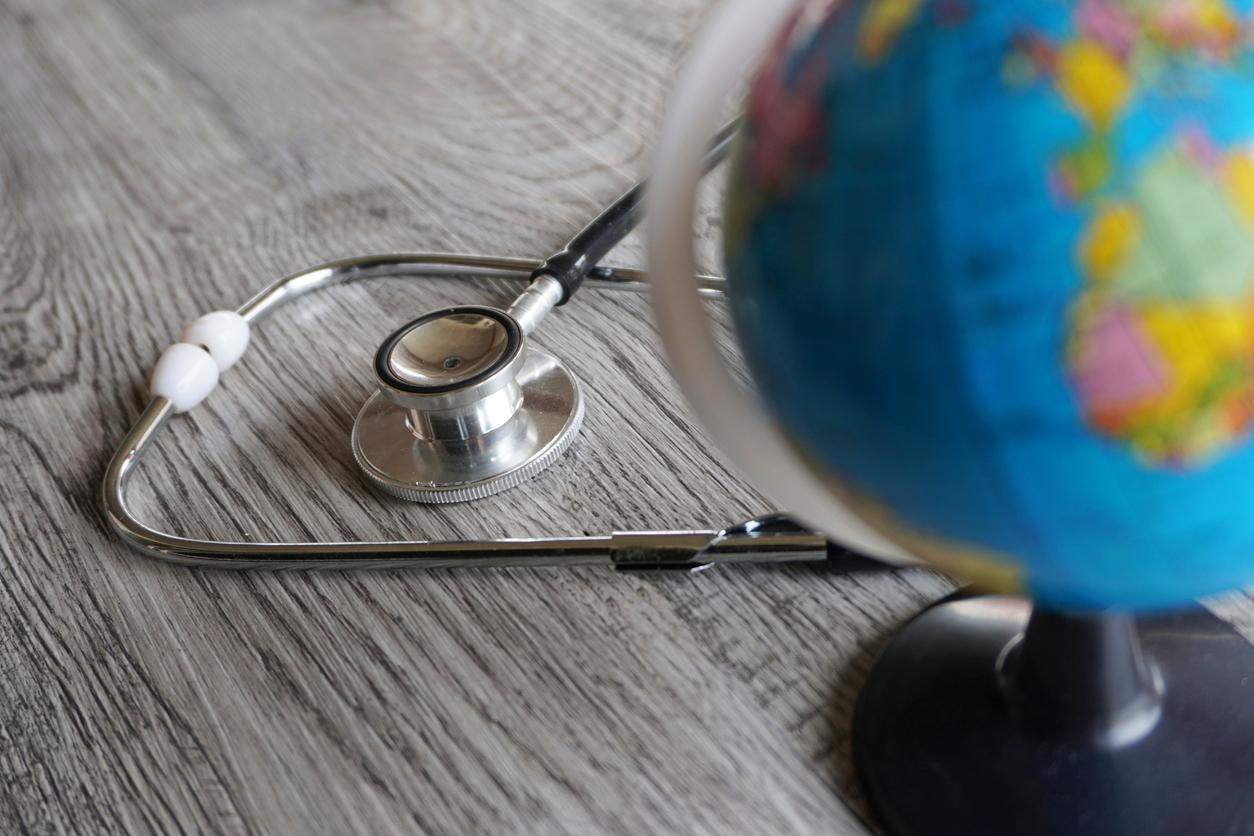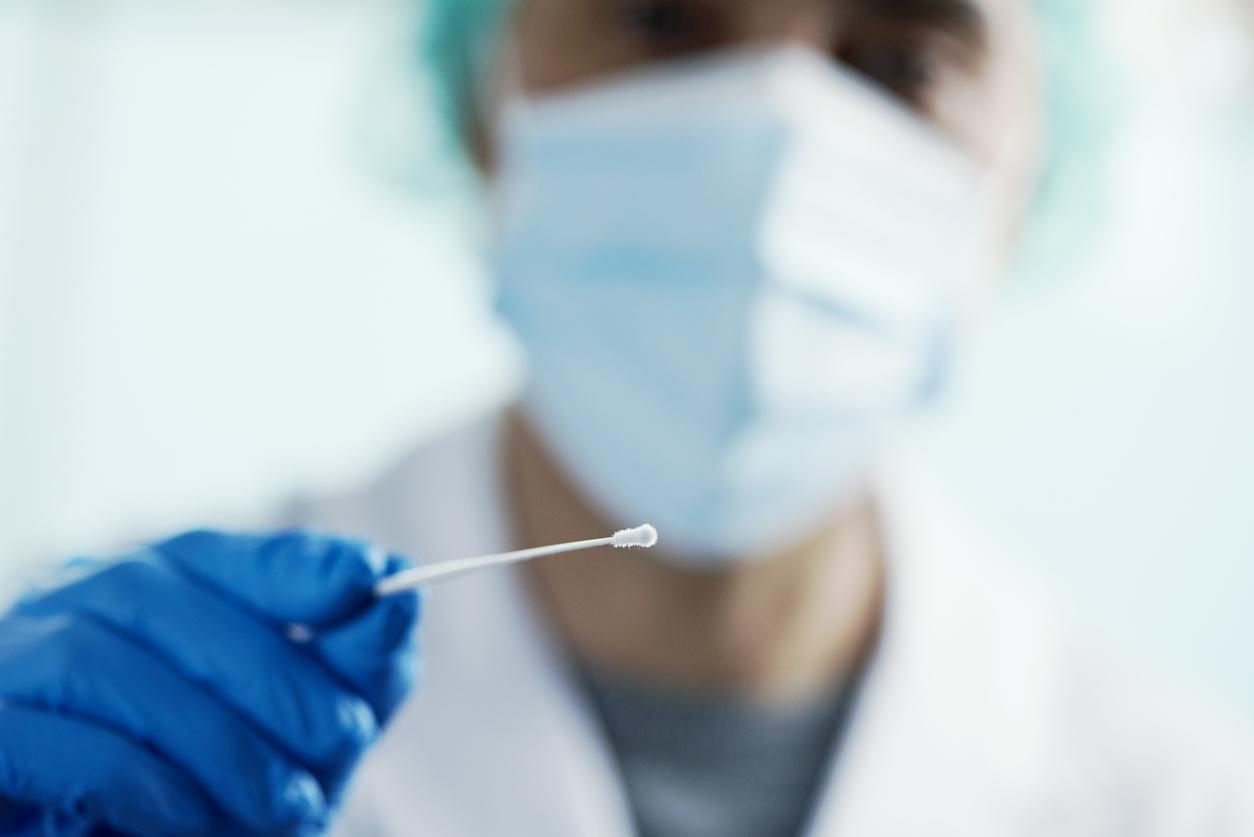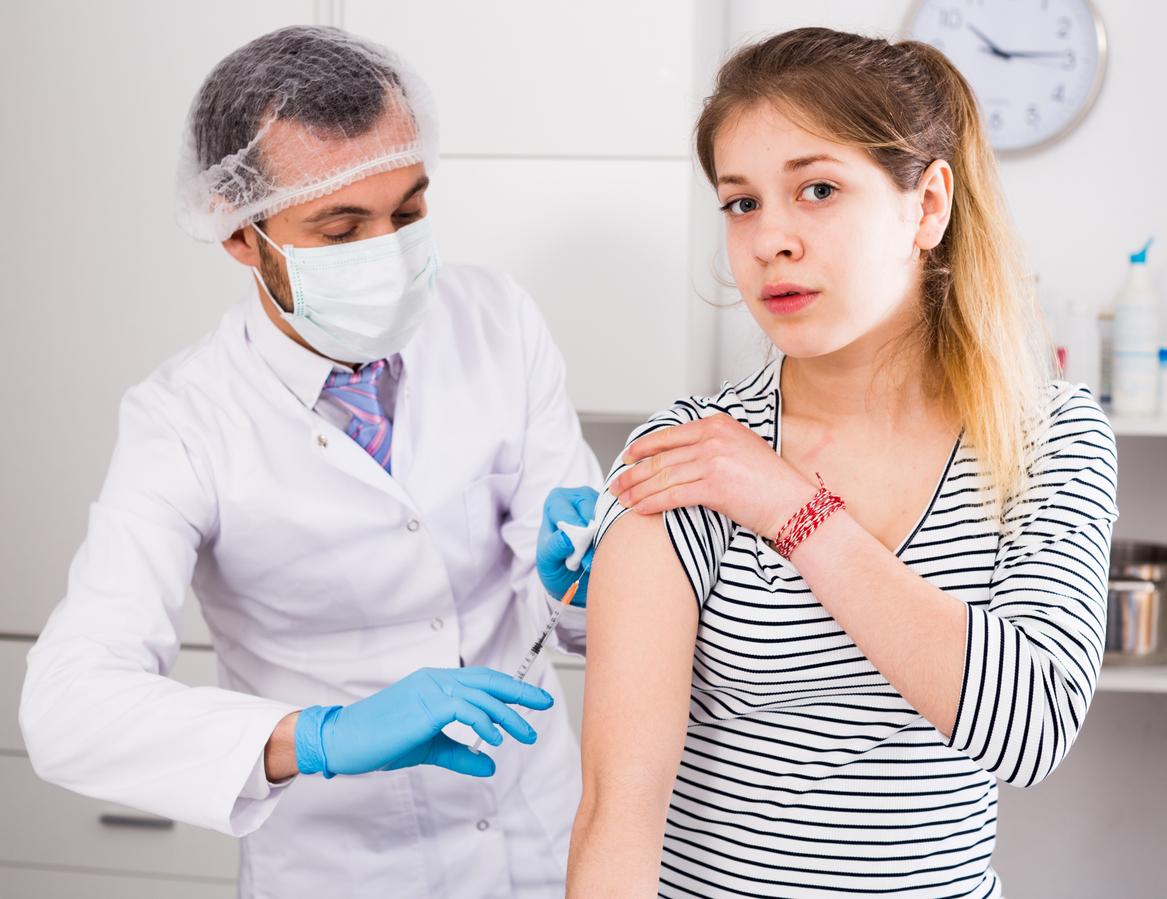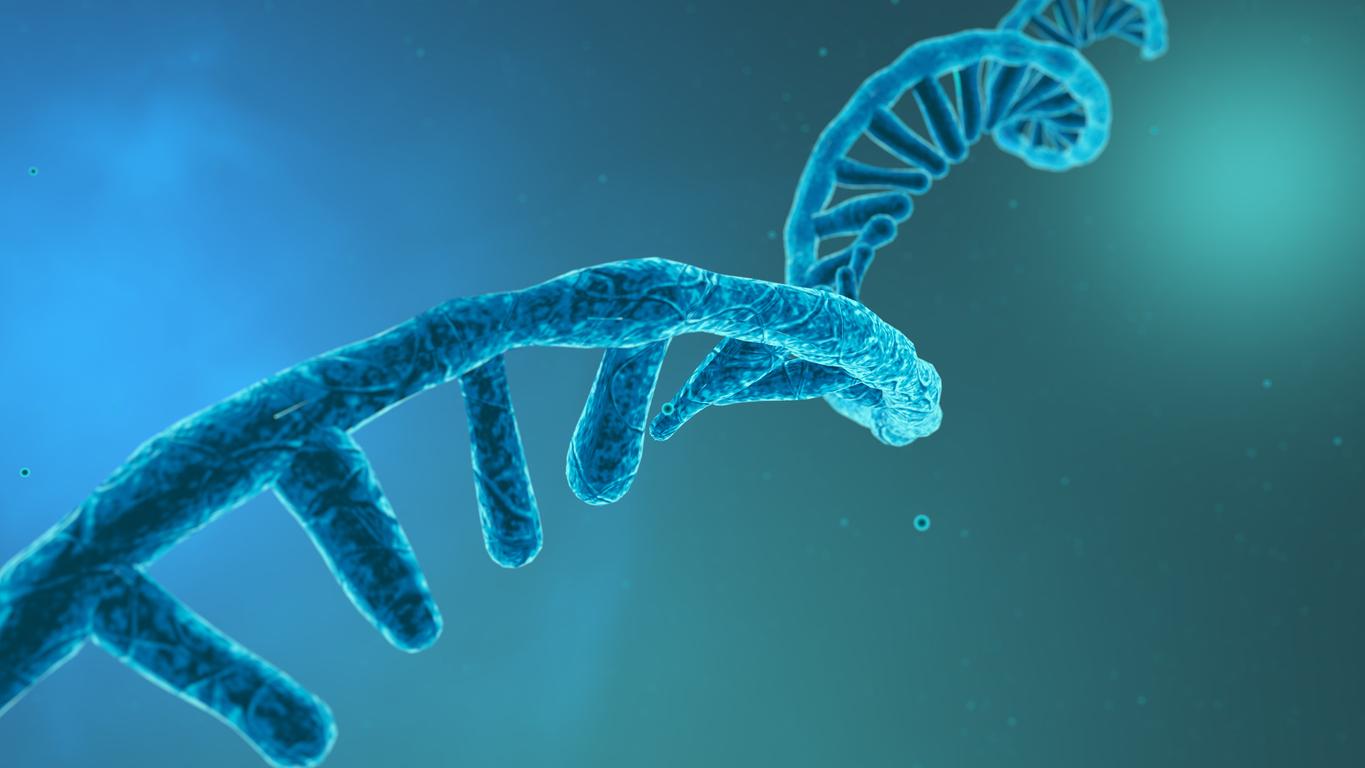
The Academy of Medicine recommends increasing the time to receive the second injection of messenger RNA vaccines, with the aim of vaccinating more people more quickly. Explanations.
Wait for the second injection
To achieve herd immunity and significantly curb the spread of the virus, more than half of the population must be vaccinated. This is what the Academy of Medicine thinks, “ the major issue of overcoming the current health crisis is the acquisition of sufficient collective immunity to control the circulation of SARS-CoV-2 and consider the relaxation of restriction measures “. It is therefore essential to focus on vaccination coverage. However, the vaccines currently authorized in France need to be administered in two doses. In addition, there are certain supply difficulties for certain sera in various territories, but also postponements of vaccination linked to side effects, such as thrombosis, for the AstraZeneca and Johnson & Johnson adenovirus vaccines.
One solution would be to delay the second injection for some in order to give it as the first dose for others. According to the institution, which is based on several scientific studies, the first dose offers protection rather ” satisfactory »And seems to extend the time between the first and second injection. However, this possibility would be applicable only for messenger RNA vaccines, such as for Comirnaty, the serum from Pfizer / BioNtech or the Covid-19 vaccine from the Moderna laboratory.
Which studies ?
For the Academy of Medicine, “ delaying the date of the second messenger RNA vaccine injection by 6 months in immunocompetent people under the age of 55 ” could allow ” achieve collective immunity much more quickly with the same number of doses while ensuring satisfactory individual protection “. She also advises to wait “ 6 months after the positivity date To vaccinate people who have contracted Covid-19. For her, it would also be preferable “ increase the population of people who can receive a first injection of messenger RNA vaccine “.
The first study that led academics to this conclusion is that carried out by the CDC (Centers for Disease Control and prevention). The latter constitute the main agency for the protection of public health in the United States. This study “ shows that a single dose (BioNtech / Pfizer or Moderna) confers a protective efficacy of 80% against infection two weeks after injection, the second dose raising this rate of protection to 90% “. Other scientific work, carried out on professionals from a British hospital center, gives similar results. The researchers have “ estimated at 72% the protective efficacy of the BioNtech / Pfizer vaccine twenty-one days after the first dose and at 86% seven days after the second dose “.










